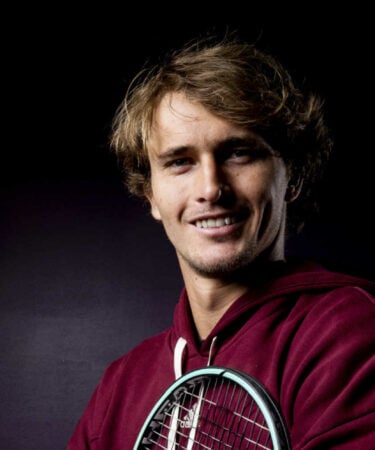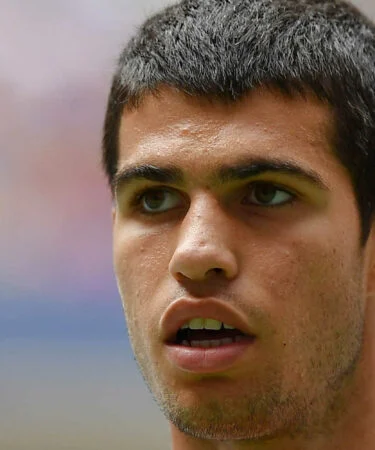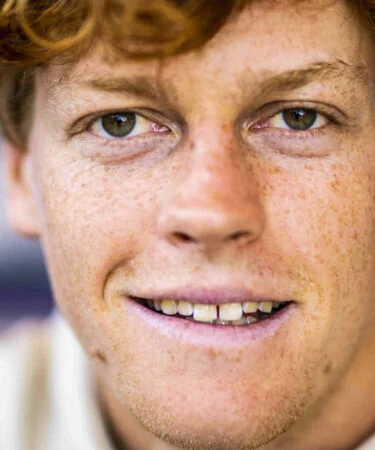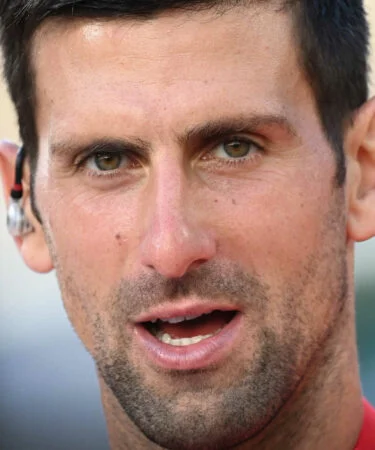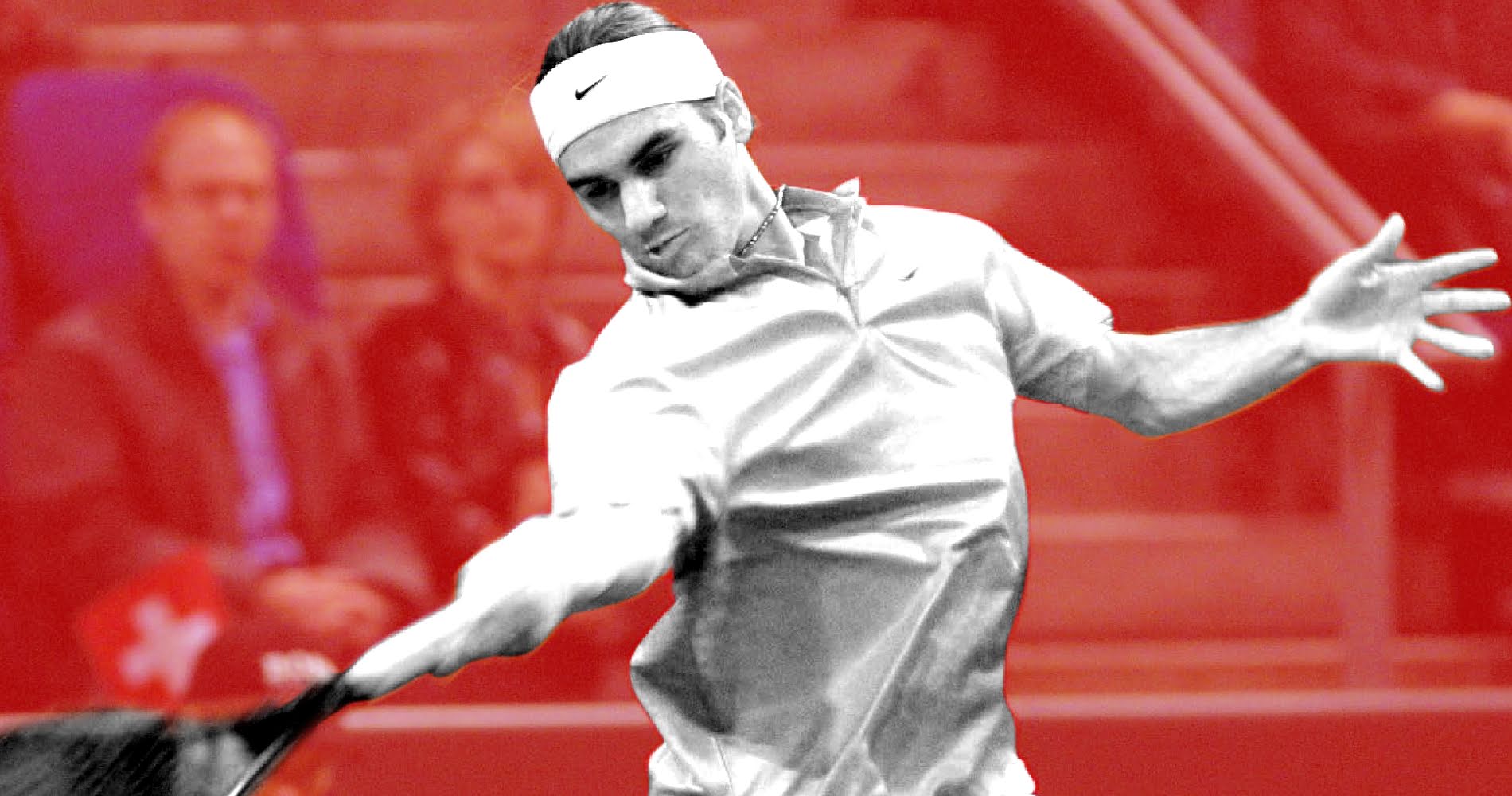Starting early could be a big advantage at Australian Open
Jannik Sinner has been the big beneficiary so far, playing all three of his matches at 12pm
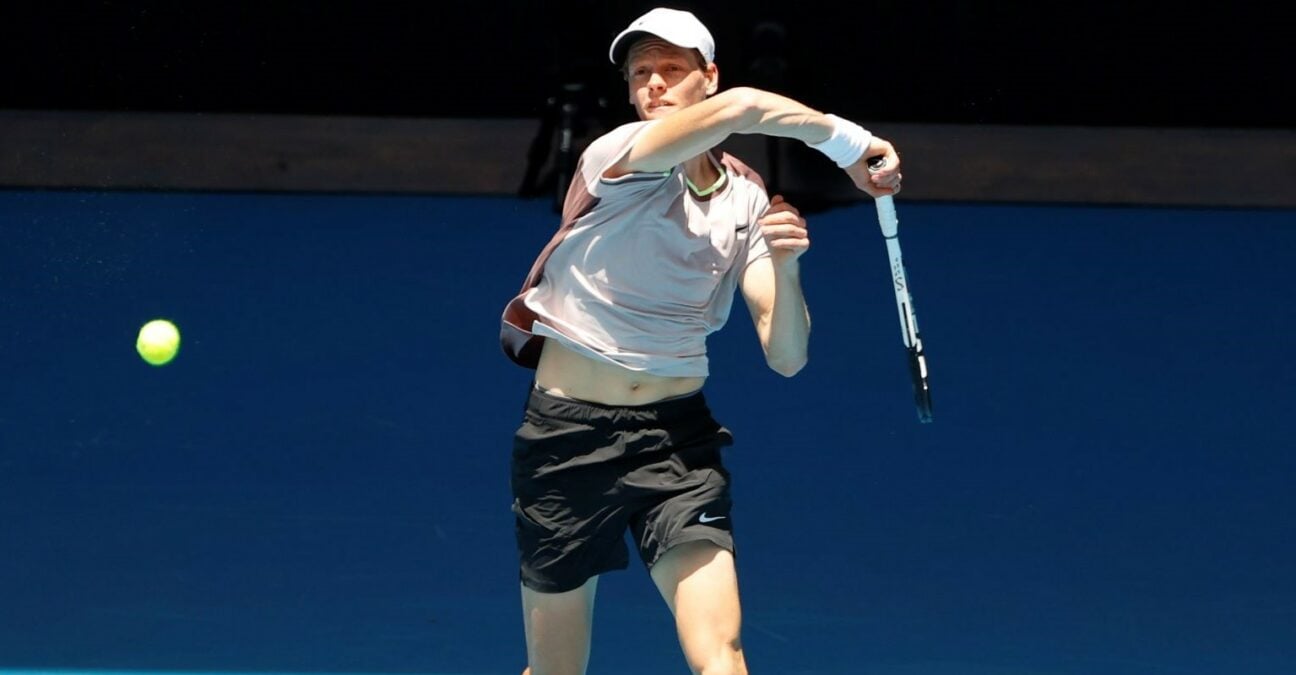 Jannik Sinner competes at 2024 Australian Open Action Plus / Panoramic
Jannik Sinner competes at 2024 Australian Open Action Plus / Panoramic
It was John Isner, the recently-retired American player, who took to X in the middle of the Australian night to explain the impact that playing until 3.40am could have on Daniil Medvedev. “The recovery for both players is completely compromised,” he wrote, having said playing until that sort of time was “looney tunes”.
Medvedev probably didn’t get to bed until about 7am on Friday morning and he will need to recover quickly to be ready for his match at 7pm local time on Saturday. The day off helps but he’s playing catch-up with sleep and recovery, which is incredibly difficult when you’re trying to win Grand Slams.
Others are having it much easier, especially those who have been playing the first match each day on the showcourts. Not only is a 12pm start pretty civilised, crucially, it allows players to know exactly when they are starting and know that even if they have an epic, they’ll still be done and dusted with their match, press and recovery before the afternoon is out.
Sinner and sabalenka enjoy early starts
Medvedev did start his first match at midday but he played his second-round match late into the night and his third-round encounter will be starting not before 7pm. By contrast, Jannik Sinner has played all three of his matches at 12pm and he’s loving it.
“We didn’t make any requests, so it’s their choice,” said the Italian, who has not dropped a set in his first three rounds.
“(But) I like to play first match. You know the time when you enter. You know that you most likely are going to finish a little bit earlier than other players. Obviously you have more time to recover, also.
“I like to play day session anyway. Maybe night session, the atmosphere sometimes, it’s more spectacular in one way, but also, today the atmosphere was really nice. I love to play on that court, and it’s always good feeling, no, especially when you play a Grand Slam you play in a big court. It’s always nice.”
Sabalenka certainly looked to be enjoying it as she romped to a 6-0, 6-0 win over Lesia Tsurenko of Ukraine. The defending champion played her first two rounds at night but said she was happy to go first, just as she did on several occasions last year, when she went on to win her first Grand Slam title.
“I usually never request,” she said. “Last year I think I played almost all my matches early, so I had half day off, like, day and a half, I would say. So I can go for a good dinner.
“I don’t know what I prefer, actually. I like to play late matches because then it’s more people watching it, the atmosphere is incredible. At the same time I like to play first match because if you win you start earlier, you win and you go and do whatever you want to do (smiling).”
fine balancing act for tournament organisers
Organisers have to take many things into consideration when it comes to scheduling. TV rights-holders have their demands, wanting their players on at particular times; players have their individual requests; the weather can be a factor, as can the nationality of players, with the big names and players from the host nation getting priority.
On Saturday, Carlos Alcaraz has the advantage of playing in the afternoon session, following the Qinwen Zheng v Yafan Wang match, which starts at 12pm. Alexander Zverev gets the night session.
Novak Djokovic has played all three of his matches in the night session so far and though he’s not played his best, he’s clearly used to playing at night and much prefers it to playing in the heat of the Australian day. He’s won the Australian Open 10 times so if there is an advantage to playing early, maybe he’s the exception that proves the rule.







